Marabout: romanized: murābiṭ, lit. One who is attached/garrisoned to the frontier. Also, a wandering spiritual teacher.
On Friday the 19th of November 2021, large crowds gathered at the Ford Square Mosque in Whitechapel, officially known as Eshaatul Islam Mosque, to pay their respects to the former founding Trustee and Principal. Though his formal title was Maulana Thohur Uddin, he was popularly known as Boro Huzur – the Great Teacher. Later on that day, he was buried at a cemetery in East London. Why was there such a large crowd for someone who is hardly referenced in any of the literature related to the modern East End?
From the North-East Frontier to the frontier of the modern East End
Boro Huzur hailed from the North-East Frontier of the Indian Subcontinent. He was born in Sylhet, the district at the North East periphery of modern-day Bengal and the Indic and North Indian Muslim civilization. He was influenced by the frontier traditions of Kanaighat, located on the northern periphery Sylhet, at the north bank of the river Surma, between where the river leaves the foothills of the Himalayas and enters the river plain.
Sylhet was historically part of the Jainta Kingdom; the name Sylhet itself is said to be derived from Princess Sheela, the daughter of one of the Jainta Kings. An ancient people who were known for their frontier martial qualities, they are referenced in the Sanskrit Epic of the Mahabharata and the annals of Emperor Ashoka (304 – 232 BC). They practised an ancient Tantric religion, which involved human sacrifices to the Earth Mother. The Seljuk Sufi, Shah Jalal of Konya, conquered Sylhet to end such practices, though did not reach as far as Kanaighat where the Jainta Kingdom remained. Centuries later the British East India Company conquered the remaining periphery of Sylhet, including Kanaighat. They too were incensed that the practice of human sacrifice still occurred, though the victims had now been European for some time. After the fall of the Jainta Kingdom to the British in 1835, the area was settled with Muslim migrants following a treaty, and a madrasa was soon established.
Yet the problems for the British did not end there. The madrasa in Kanaighat instigated anti Imperialist activities, leading to British Authorities using lethal force against the Madrasa in 1922, killing six people and injuring 38, known as the Kanaighat Larai (the Fight of Kanaighat). So it was from the frontier of the Indian Subcontinent, Boro Huzur came to East London in 1977.
A life and education of activism
Before Boro Huzur came to the United Kingdom, I was informed he was a protege of the Sufi and political activist Moulana Mufti Mehmood, an Indian political and religious figure, who later migrated to Pakistan. Mufti Mehmood was an adherent of composite nationalism, a belief that a nation is a geographic entity, composed of its many linguistic, cultural and religious communities.
An initial member of the Indian National Congress. He first became active in Pakistani politics in the 1960s, in his active opposition to the US-backed military dictator, General Ayub Khan. Mufti Mehmood post-dictatorship participated in electoral politics of the North-West Frontier (NWFP) and federal politics of Pakistan. He resigned in 1973 on a point of principle, after the imposition of martial law in Balochistan and the NWFP by Bhutto.
So it was under the tutelage of Moulana Mufti Mehmood with a vision inspired by the idea of composite nationalism that ‘Boro Huzur’ arrived in the United Kingdom in 1977, devoting a life to education and spiritual guidance. His initial post was at the Brick Lane mosque. He was sent there by the Islamic Foundation of Bangladesh, set up in 1975 by the then newly independent nation of Bangladesh. After a difference of opinion with management, he and Moulana Mujahid set up a trust and established a mosque and madrasah at a house in 16 Ford Square.
Moulana Mujahid himself was a protégé of Moulana Hussain Ahmed Madani, an anti-imperialist Indian politician, Sufi, and a contemporary of Gandhi, who later on became an Indian National Congress parliamentarian post British Raj. Both Moulana Madani and Moulana Mujahid taught at the Nayasrak madrasa in the city of Sylhet. The current Imam of Ford Square Mosque, Moulana Shamsul Hoque, is a family member of Moulana Mujahid.
Generations after generation of young Muslim boys and girls received their religious, ethical and spiritual teachings under Boro Huzur’s directions. Many saw him as a teacher, others a pastoral counsellor and many others a philanthropist establishing centres throughout East London. He eventually established the teaching of the Persianate, Darse Nizami curriculum at Ford Square mosque. The North Indian equivalent of the trivium, equipping students to read the canon of classical texts. This culture and tradition has extensively been documented by academics such as Francis Robinson and Barbara Daly Metcalf.
Spending time with Boro Huzur
My relationship with ‘Boro Huzur’ goes back to 2005 when as a former civil servant project manager and change management specialist, I was brought in by the Trust to help the organisation to oversee an expansion, drafting and the implementation of policies as per statutory requirements and best practices. In that role, I worked closely with ‘Boro Huzur’ in bringing about change, including the culture at the institution, to make the changes sustainable.
We spent time together, drafting policies and discussing their implementation. I am informed by the staff that the policies and practices we instituted are still in place at the institution, known as the ‘PM files’. Those times I spent with him was priceless. He was known for his sharpness wit and quips. He also talked to me about his experiences, and we would discuss current affairs as he kept himself abreast of current situations both local, and international.
I remember being mesmerised in 2007, listening to an hour-long interview to a Japanese newspaper about the consequences of imperialistic military actions and their negative effects both at home and abroad. The conversations we had gone beyond those set by the Enlightenment. There are things that I have witnessed at his hands, which cannot be expressed in words, but in the Arabic saying, ‘karamat al awaliya al haq’.
The role of the ‘Marabout’ on the frontier, in the ‘Islamicate’: A Living History
The Islamicate is a term first introduced in academic circles by the historian Marshall Hodgeson in his seminal work, ‘The Venture of Islam: Conscience and History in a World Civilization’. Islamicate refers to characteristics of regions in which Muslims were culturally dominant, which were not, properly speaking, religious, even found among non-Muslim populations. The periphery, borderlands and frontiers historically are the centres of creativity.
‘Boro Huzur’ and his activities were part of that frontier spirit of creativity. The crowds at his funeral are a testament to that work. But it is also part of the history of the East End, where ideas and cultures from all over the world come together, to make up the rich tapestry and resilience, that is the East London we all know and love.
It is a story not found in any of the officially sanctioned stories by Tower Hamlets Council on the history of Bangladeshis, where migrant communities are characterised as impoverished. With no contributions to today’s society – apart from caricatured rags to riches stories which prop up the mission civilisatrice goals of a neoliberal meta-narrative. Boro Huzur is part of an unwritten story, of rich civilizational encounters, and the hybrid development of each. His is part of hidden history, living in the hearts of many East Enders of today.
“If the Earth and the mountains were not lovers,
Grass would not grow out of their breasts…”
Jalauddin Rumi – The Mathnawi

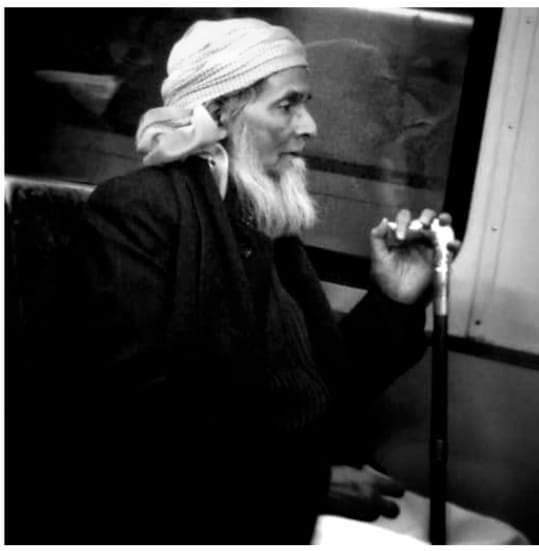
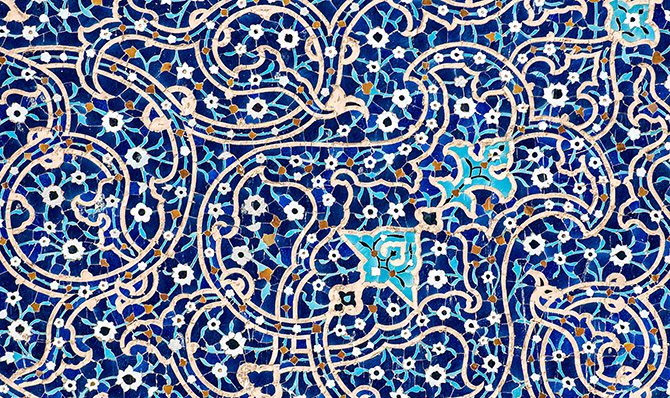
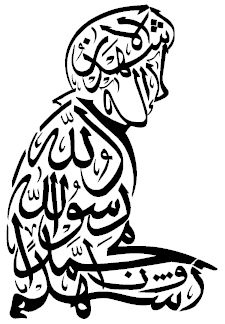
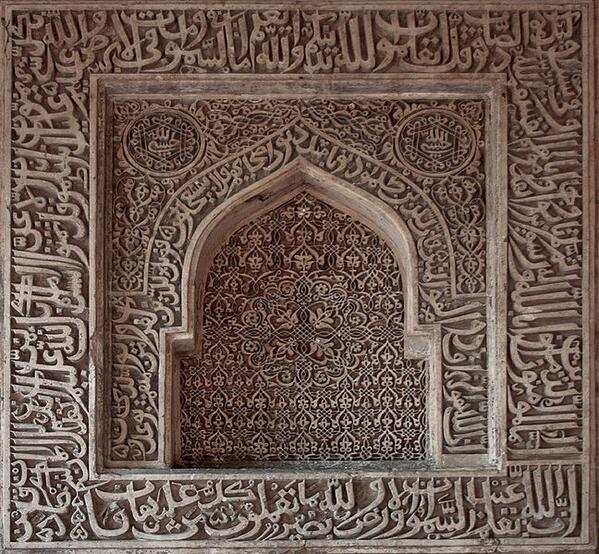
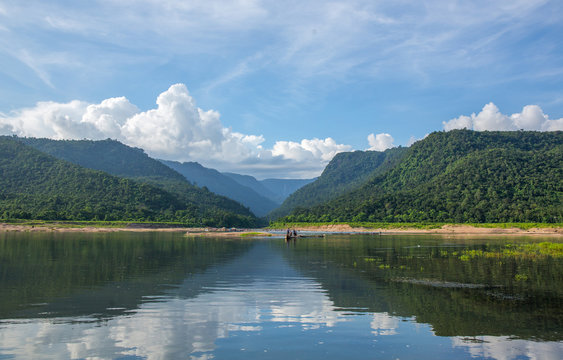
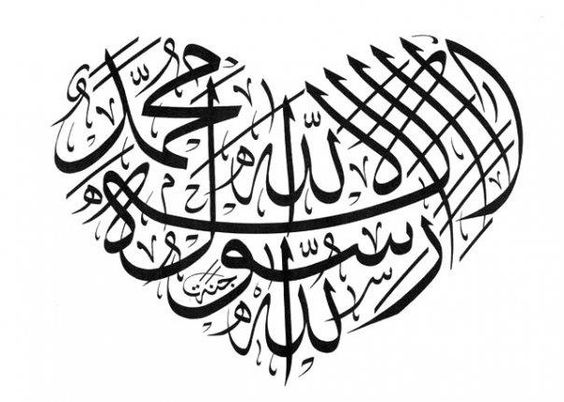
Excellent write up on late Maulana Thahur Uddin aka “Boro Huzur”. You really pretty much summed it up. Would be great if you could have it publish as obituary in Guardian newspaper (submitting it as local East End activist/politician/community representative) or perhaps online platforms or in a local news paper. Place would never be the same again.
Alhamdulillah, amazing read. I am a former student of Ford Sq (2002), though my interaction with Boro Huzoor was limited I have seen this personality on many ocassionand heard great things. I am also from Khanaighat. I have set up a fundraising page for Boro Huzur. Any donations welcomed. https://www.justgiving.com/fundraising/maulana-thohur-uddin-ra-giftofwater